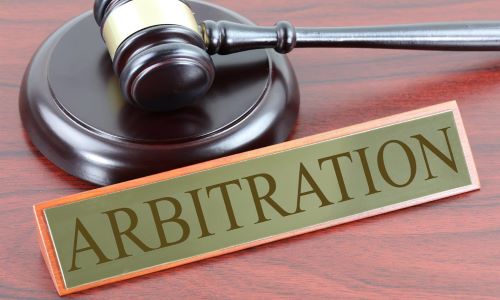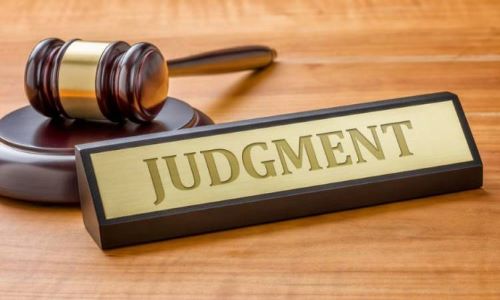Settlement Discussions, Mediation, Arbitration, Litigation
We fundamentally believe that dispute is part of business and our role as lawyers should not be complicating the matter but crystalizing the situation for the parties and helping them to find a business solution for it under better understanding and exhaustive assessment that we should provide them with. The fact that we, as business lawyers, are basically part of operation rather termination, help us to concentrate on any and all possibilities to find amicable solution when a dispute matter assignment is on the desk. So, this is our first and second advice that entering into litigation process should suspend to failing our committed out of court efforts to settle the case.
On the other hand, when a case for bringing before Administrative Justice Tribunal (who is competent authority to review and judge the final decisions made by the Settlement Dispute Commissions of Administrative Authorities; municipality commissions, tax commissions, customs commissions, labour tribunals, etc.) is in debate, we positively encourage the clients to put aside any doubt to file their petition with the AJT. According to our experience, in spite of general feeling, the said tribunal is meaningfully countable to cancel improper final decisions made by the administrative authorities.
When and if the court procedure is to be started, our first issue is well organizing. We believe that what a tribunal (either courts or arbitrators) can reasonably expect as a first from the lawyers involved in the case is provision of a well-drafted statement supported by a well-organised set of evidencing documents (and have, rewardingly, been witness of its positive effects during the trial). Actually, we do not deem ourselves entitled to expect the best from tribunals before doing our job with the best quality. So, the most important part of a contentious case, for us, is the very primary stage of listening to the client, collecting documents and information, review and investigation, picking and choosing, preparing the skeleton and then drafting the statement. This will continue with a regular follow up of the latest status of the file, close collaboration with the experts (appointed to opinion) with an aim to make available any documents and information that they may need for their report and keeping the client up-dated with regular reports.








